94 Brick Road, Suite 100
Marlton, NJ 08053
856-596-9099
195 North Haddon Avenue
Haddonfield, NJ 08033
856-429-9097
301 Dawson Street
Moorestown, NJ 08057
856-866-9091

Our oral surgeons practice a full scope of oral and maxillofacial surgery with expertise ranging from Dental Implant Surgery and Wisdom Tooth Removal to Corrective Jaw Surgery.
Proudly offers the following Oral Surgery Services:
Dental Implants, Bone Grafting, Wisdom Teeth Extraction, Facial Trauma Reconstruction, Oral Pathology, and the treatment of TMJ Disorders
Oral Surgery in Marlton, Haddonfield, and Moorestown, New Jersey. All rights reserved | Powered by HTI | Privacy Policy
